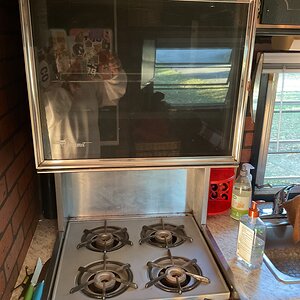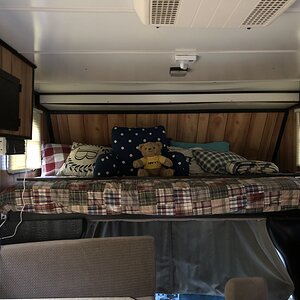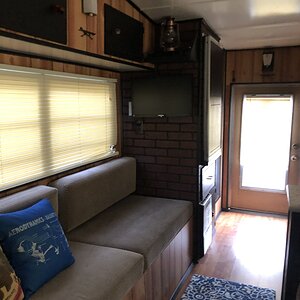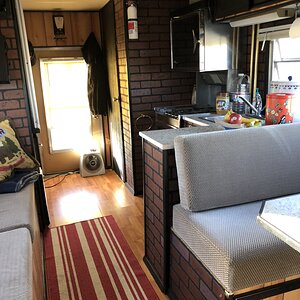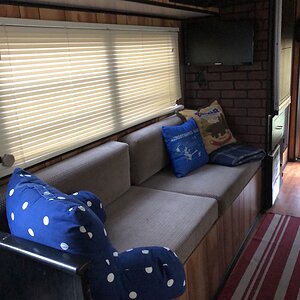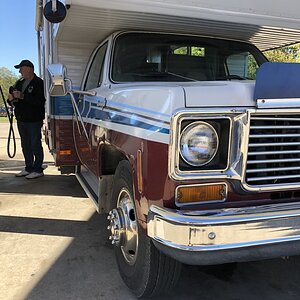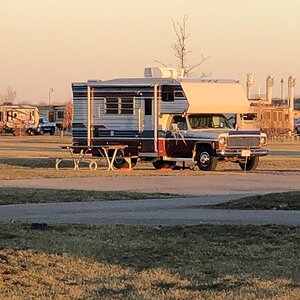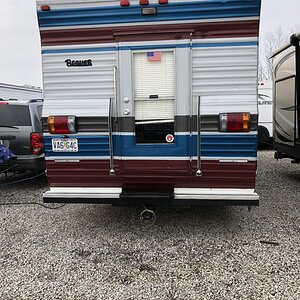fmplatt530
RVF Regular
- Joined
- May 25, 2020
- Messages
- 5
So I have a 100Ah deep cycle battery from walmart, and i've drawn it down to zero quite a few times in the last year since i bought it new. That being said, how many nights (in cold weather, like low 40s) should i be able to get out of running the furnace if battery starts fully charged?
Other things powered is the slide-out (multiple times) and the interior and exterior lights ( accidentally left the exterior night on all night the first of two nights). Last night I was super nervous my little kids would get cold so at 3am I hooked up the jumper cables from my tow vehicle to the trailer battery because the trailer battery gauge said "Empty". It was a long, stressful couple days at the in-laws for Thanksgiving.
I will start by taking the battery to get tested at auto shop as soon as I can, but wanted to ask this group anyway.
Other things powered is the slide-out (multiple times) and the interior and exterior lights ( accidentally left the exterior night on all night the first of two nights). Last night I was super nervous my little kids would get cold so at 3am I hooked up the jumper cables from my tow vehicle to the trailer battery because the trailer battery gauge said "Empty". It was a long, stressful couple days at the in-laws for Thanksgiving.
I will start by taking the battery to get tested at auto shop as soon as I can, but wanted to ask this group anyway.
Last edited:

